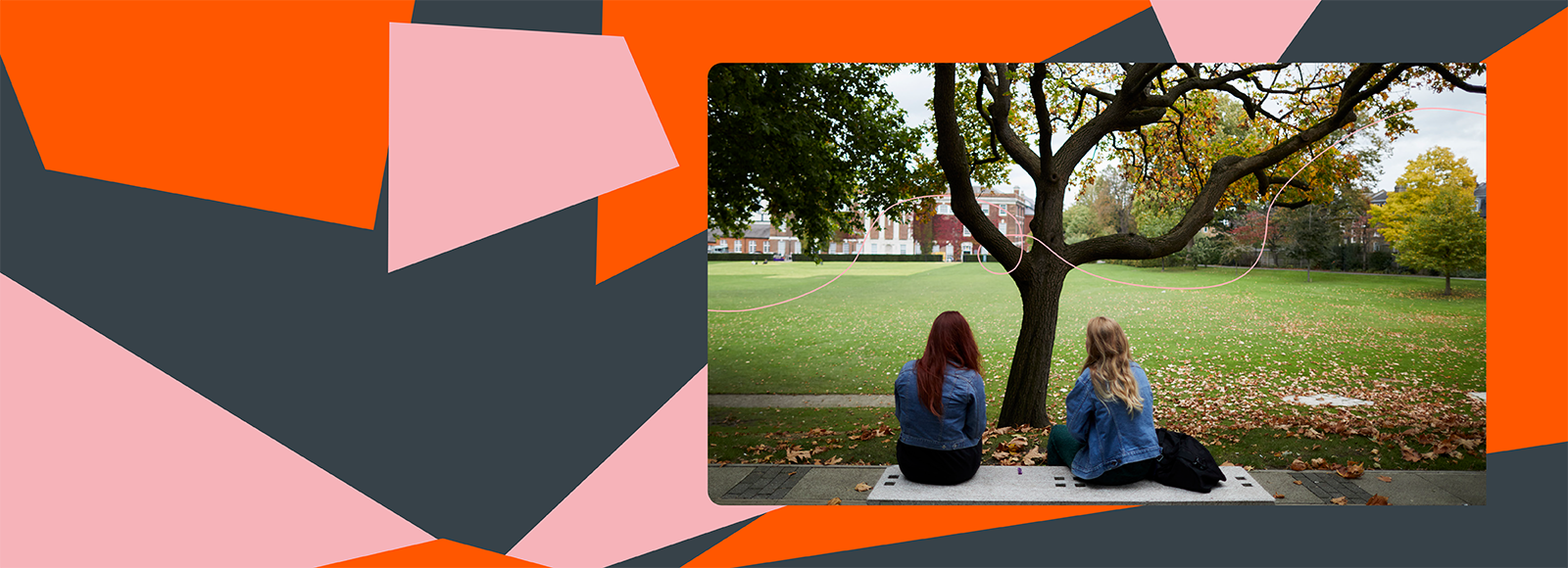- ...
Postgraduate Studentships - Search for funding opportunities.
Examine the impact of being abusive or being abused. This course will look at international, cultural and social contexts.
This MA Understanding Domestic Violence and Sexual Abuse – distance learning provision is unique and represents the first distance learning psychologically informed programme of its kind.
It is particularly suitable for people wishing to increase their understanding of the interplay between mental distress, domestic violence and sexual abuse. The programme is available as a distance learning programme, and includes innovative, interactive, experiential and reflective online teaching. Students will learn how to become reflective and inclusive through both theoretical and experiential activities.
Your learning will be underpinned by a unique synthesis of psychodynamic, systemic, cognitive behavioural and social theories to examine the impact of being abusive and/or of being abused. The programme focuses on looking at practice and research from these theoretical perspectives and will consider abusiveness and its impact in different cultural and social contexts from childhood to older age.
You should have (or expect to be awarded) an undergraduate degree of at least second class standard in a relevant/related subject. You must also be able to demonstrate significant experience in either health and social care, psychological therapies, or experience from the third sector in a specialist abuse service.
You might also be considered for some programmes if you aren’t a graduate or your degree is in an unrelated field, but have relevant experience and can show that you have the ability to work at postgraduate level.
For fees and funding options, please visit website to find out more
Goldsmiths offers a range of financial support including postgraduate scholarships, bursaries and fee waivers. These are awarded based on a variety of criteria, for example academic achievements or personal circumstances.
It is expected that a number of professionals will use either the course credit or the degree to supplement their CPD portfolios, which are a requirement for the majority of these professionals.
For workers with extensive experience, this programme (or its constituent courses) will provide a sound basis in theoretical knowledge and current research which will help them develop their current work and increase their potential for further advancement in the field.
The UK has developed recognised forms of intervention in this field that have an international application and relevance. Issues regarding domestic violence and sexual abuse have an international public health and human rights dimension, which makes the programme internationally relevant.
Year 1
Students will undertake the following core modules across the following months:
September (2 weeks): Induction
October – December (12 weeks): Theories, Research and Policy – Domestic Violence and Sexual Abuse (30 credits)
February – April (12 weeks): Group Work: Power, Identity and Conflict (30 credits)
June – July (8 weeks): one optional module (15 credits) out of the following:
Year 2
October – November (8 weeks): one optional module (15 credits) out of the following:
January – February (8 weeks): one optional module (15 credits) out of the following:
April – May (8 weeks): Research Methods (15 credits)
July – October (12 weeks): Dissertation (60 credits)

A melting-pot of ideas, one creative powerhouse One Goldsmiths At Goldsmiths, academic excellence and imaginative course content combine to make a pla...